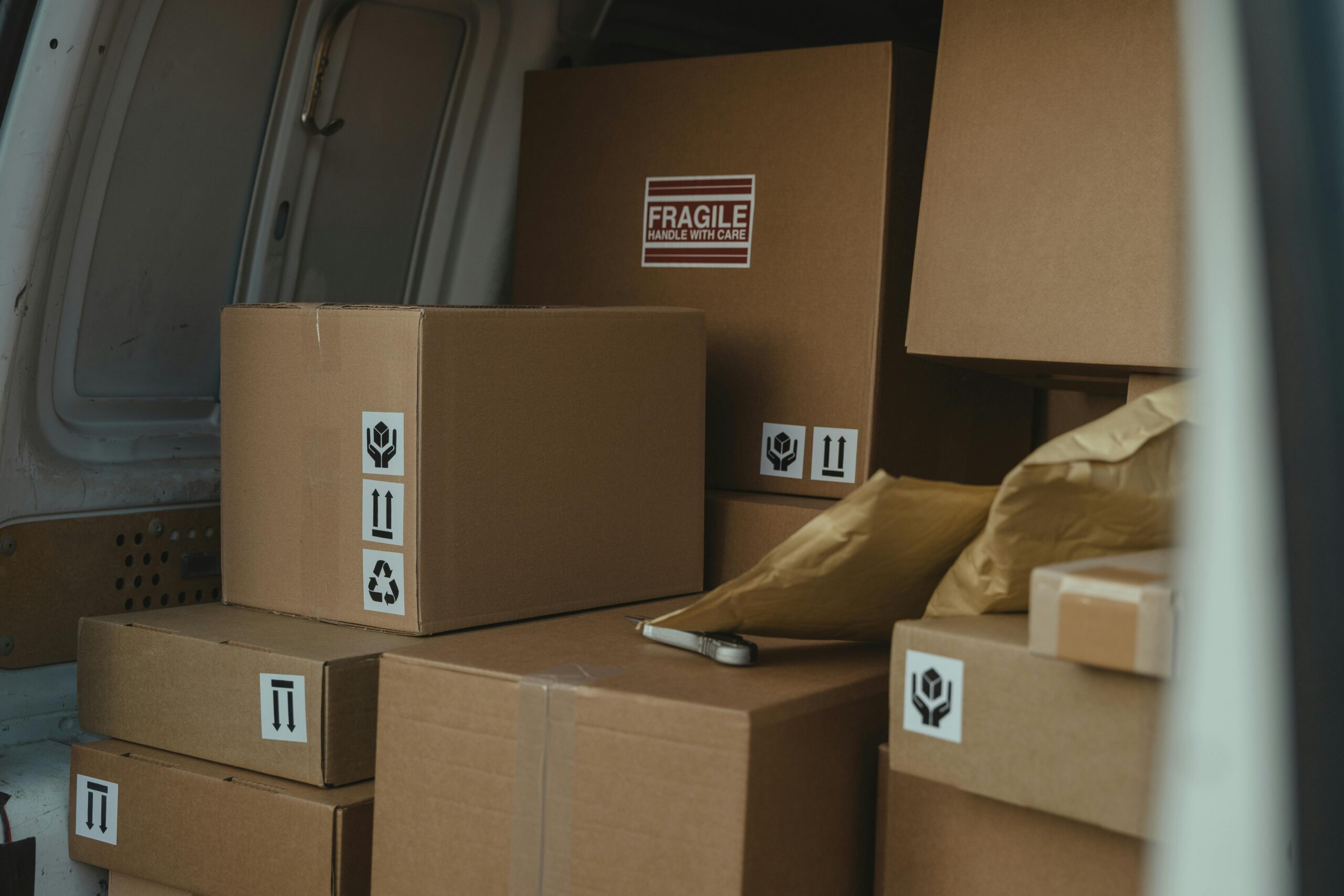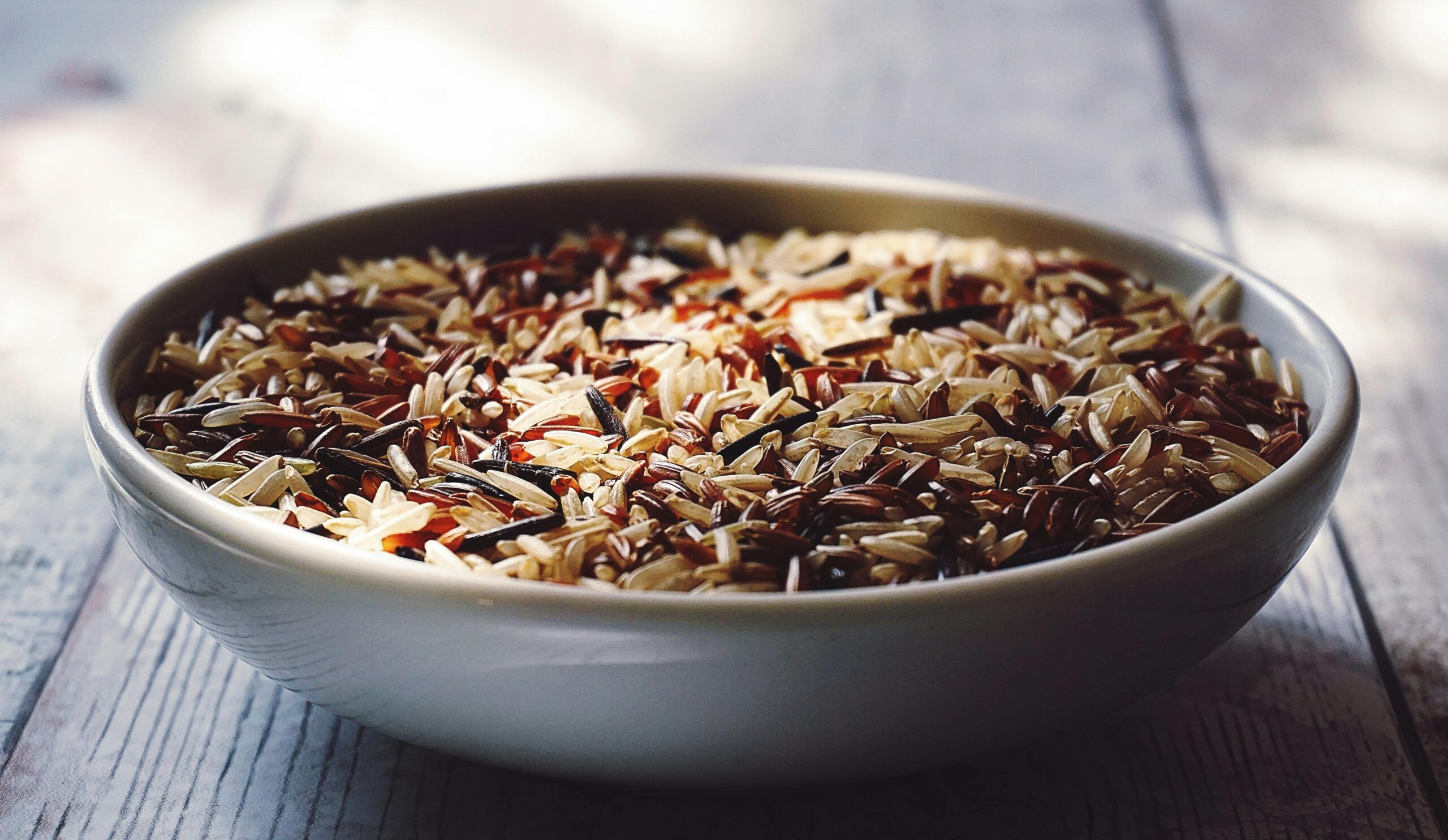Set up a small compost bin in your kitchen for food scraps. This reduces waste sent to landfills and creates nutrient-rich soil for plants.
From Trash to Treasure: How Your Kitchen Scraps Can Save the Planet
In our quest for a more sustainable future, sometimes the most powerful changes start right in our own kitchens. Today, we’re diving into a simple yet impactful action that aligns perfectly with the UN’s Sustainable Development Goal 12: Responsible Consumption and Production. Let’s talk about composting!
The Hidden Power of Your Food Scraps
Did you know that food waste is a major contributor to greenhouse gas emissions? When organic matter decomposes in landfills, it produces methane, a potent greenhouse gas. In fact, if food waste were a country, it would be the third-largest emitter of greenhouse gases after China and the United States1. But here’s the good news: by composting your kitchen scraps, you can turn this potential problem into a solution.
The Magic of Composting
Composting is nature’s way of recycling. It’s the process of turning organic waste into nutrient-rich soil. Here’s why it’s so powerful:
- Reduces Landfill Waste: Up to 30% of what we throw away could be composted instead of sent to landfills.
- Cuts Greenhouse Gas Emissions: Composting can lower your carbon footprint by reducing methane emissions from landfills.
- Creates Rich Soil: Compost improves soil health, reducing the need for chemical fertilizers.
- Saves Water: Compost-rich soil retains moisture better, reducing water needs for plants.
Getting Started: Your Kitchen Compost Bin
Starting a compost bin is easier than you might think. Here’s how to begin:
- Choose Your Bin: A small, countertop bin with a tight-fitting lid works well for most kitchens.
- Know What to Compost: Fruit and vegetable scraps, coffee grounds, tea bags, and eggshells are all great for composting.
- Avoid Certain Items: Keep meat, dairy, and oily foods out of your compost to prevent odors and pests.
- Maintain Balance: Aim for a mix of “green” (nitrogen-rich) and “brown” (carbon-rich) materials.
- Empty Regularly: Transfer your kitchen scraps to an outdoor compost bin or community compost collection point weekly.
The Ripple Effect
Your small act of composting can have far-reaching effects. By diverting waste from landfills, you’re not just reducing emissions – you’re also contributing to healthier soils, which in turn support more robust ecosystems and food production. Moreover, composting can be a gateway to greater environmental awareness. Many people find that once they start composting, they become more conscious of their overall waste production and consumption habits.
A Community Effort
Composting isn’t just an individual act – it’s a community opportunity. Many cities are now offering compost collection services alongside regular trash and recycling. If your area doesn’t have this yet, consider advocating for it. You could be the catalyst for significant change in your community!
The Bigger Picture
By starting a kitchen compost bin, you’re directly contributing to several targets under SDG 12, including:
- Substantially reducing waste generation through prevention, reduction, recycling, and reuse by 2030.
- Encouraging companies to adopt sustainable practices and integrate sustainability information into their reporting cycle.
- Ensuring that people everywhere have the relevant information and awareness for sustainable development and lifestyles in harmony with nature.
Your Next Step
Ready to start your composting journey? Set up your kitchen compost bin today. It’s a small step that, when multiplied across households, can lead to monumental change. Remember, every banana peel, coffee ground, and vegetable scrap you compost is a vote for the kind of world you want to live in – a world where waste is not wasted, but transformed into something valuable. Let’s turn our kitchen scraps into black gold for the planet. Are you ready to dig in?




